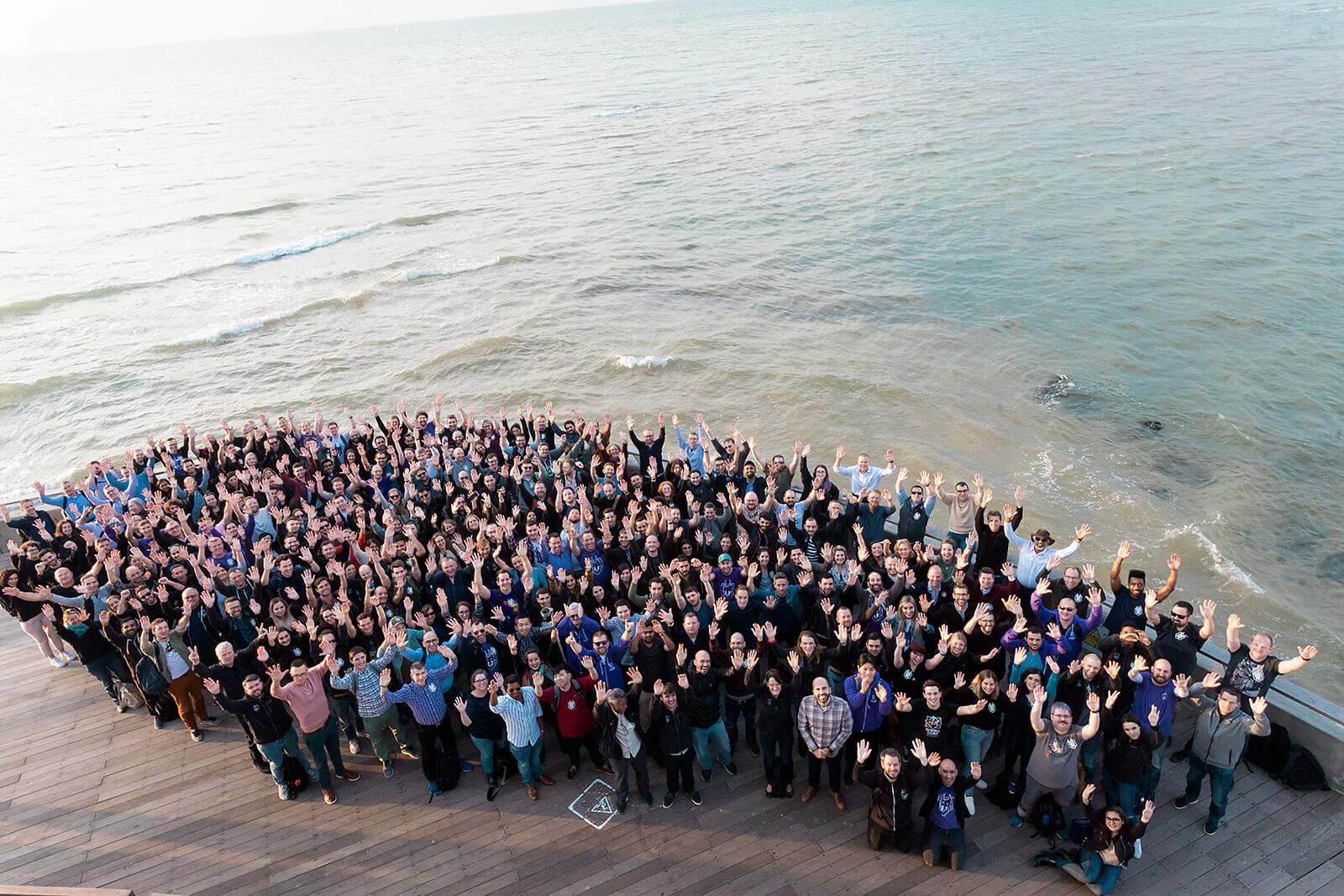A call to growing tech companies — how to move the needle on gender equality together
Dipti Salopek
9 de março de 2020
0 minutos de leituraIt can be easy, especially within the warm and inclusive culture we have cultivated at Snyk, to be lulled into complacency and neglect how relevant the fight for gender equality really is. International Women’s Day marks an opportunity to step back and think about everything we’ve accomplished (it wasn’t that long ago that women didn’t have the right to vote), the strides we have already made, and where we still have gaps to close — across the globe, across the tech industry, and within each of our own organizations.
Women’s equality is a multi-faceted and complex issue, but for the purpose of this piece, I want to focus on women’s opportunity in the tech workforce and specifically what we, companies in hypergrowth, can do to make a difference.
First off, here are some contextual facts:
The tech industry, despite being a market leader in many areas of the world of work, is significantly lagging behind on gender equality and under-represented minorities in general.
Women account for 50% of the workforce in developed economies, but within the tech sector, the percentage is significantly lower (~33%). The lowest percentage is seen among tech professionals with only ~20% being women.
With regard to women in leadership & management positions, the tech industry and developed country labor workforce at large, are at ~27%, which is woefully lagging.
While significant strides have been made in many countries, the current gender pay gap in tech still persists.
In the labor force at large, women still bear a disproportionate burden with regard to child- and elder-care.
The numbers get even lower in the cybersecurity industry and developer-first technologies — the industry Snyk focused on.
Between the lost opportunities and the pay gap, the cumulative impact of this gender gap over time is significant, affecting not just women, but society at large. Companies — especially tech companies — are losing out by not accessing a broader talent pool that potentially brings a differentiated and beneficial skillset, perspective, and experience. In an ever-competitive talent pool, complacency in this space is no longer an option.
Snyk’s own statistics roughly mirror those of the tech industry but it’s simply not good enough and we hold ourselves to a high standard. As a rapidly growing startup, under high pressure to deliver, it isn't easy to take the extra time and focus to search for candidates that would represent a more diverse candidate pool. But we must. That’s the only way we collectively move the needle forward.
And so, here’s the pledge we make at Snyk and ask other startups and fast-growing tech companies to join us.
We pledge:
to develop more diverse interview panels.
to build job postings using inclusive language that resonates with varied audiences.
to ensure all interviewers have training in unconscious bias and objective interviewing based on competencies.
to actively build candidate pipelines that include under-represented groups.
to interview multiple external candidates rather than relying predominantly on pre-existing networks.
to evaluate compensation, promotion, and progression reviews with a lens towards diversity and equality.
to build benefits, sponsorship, and environmental experiences with a view towards supporting more women in actively participating in the the workforce.
As a fast-growing company of 300 people, this is important to us. It matters and it’s a key foundation to our values. What’s more, if our fellow tech companies — from start-ups to giants — all stepped in together, we could move that needle just a little more.
